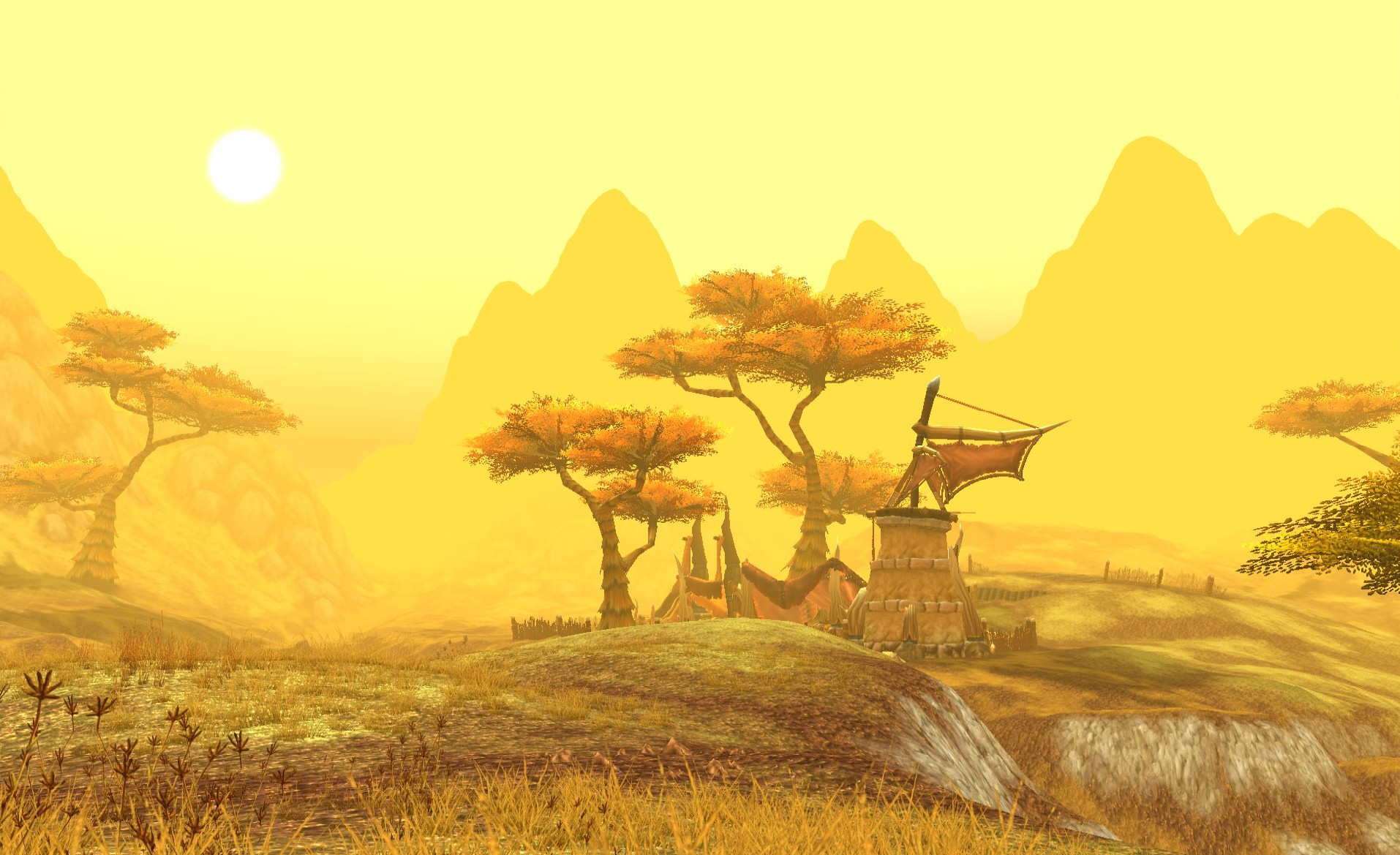Because Ysh asked...
3 things I like: mini-games, fluff, community building features
3 things I can take or leave: One-button Crafting, "Levels", Immersion
3 things I dislike: Combat as principle means of advancement, "Individual" quests, Free for All PVP
LikesMini-games: I like games that have multiple kinds of mini-games. Combat is generally the main game in an MMORPG; in newer games, crafting is an additional mini-game. Final Fantasy XI converted fishing into a mini-game at one point so it wouldn't be as bottable. The more ways there are to play the game, the more I want to play it.
Fluff: Fluff gives people goals that aren't game breaking, and don't contribute to mudflation.
Community building features: Community building features like leveling your guild in EverQuest II gives players shared goals they can work towards, whether they solo, group, or raid. Community-based goals can be powerful motivators.
Things I Can Take or LeaveOne-button crafting: I like crafting if its a mini-game, but the World of Warcraft style where you simply click on the recipe and click a button is idiotic. Its barely better than
Progress Quest.
Levels: Anyone that's read my blog regularly knows I'm not a fan of levels. They have their place, but I don't like how they make it impossible for players to play with one another. If someone implemented a progression system that made it so a level one newbie could play with a level 100 veteran without playing alone for two months, I'd be ok with it. Mentoring systems such as Final Fantasy XI's Level Sync system, and sidekicking in City of Heroes accomplish this to a degree, but they all do so by subverting the leveling system (changing people's levels). So why not just get rid of levels entirely? Motivate people through collection mechanics, story-based progression through a series of personalized missions, or through a skill-based system (which can be like levels if done poorly, but skill-based systems are generally flatter and offer more lateral forms of advancement, so it doesn't take long to become the expert at any one thing, but over time, players become generalists.)
Immersion: I like a self-consistent world that's fun to play, but let's not forget that these are games. Some amount of immersion is great, but some people take this goal too far. I heard people complaining that not having to wait for the boats in EQ2 (the bells effectively teleport you elsewhere) wasn't "immersive". I've heard people complain that you aren't forced to eat or drink in EQ2; apparently they think characters that defeat gods, teleport, and come back from the dead on demand should starve to death because you forgot to push a button. Well, having to take a crap in game would be immersive, but who wants to sit there and babysit their adventurers through every single minute immersive detail of their lives?
So, instant action features that take us where our adventurer friends are (so we don't have to trek halfway across the world to find them), and other fast travel features are a welcome addition to the game genre for me. We should be able to get to the fun fast.
I'd also want inventory management to be more like Oblivion, with a sortable list. Some people think dragging and dropping icons in a window with a bag icon in the corner is "immersive," but when I'm looking for the "Sword of Ultimate Truths" in my bag, I don't want to have to search over two hundred inventory slots of similar looking icons. Give me better tools for managing inventory even if they aren't "immersive." The game should be about what we do with those items, not about how well we search through all the crap we get.
DislikesCombat XP: I don't think combat should be the main way one earns XP. I'd prefer XP to be awarded for achieving goals. Avoiding combat when its not necessary should be rewarded just as much as slaughtering your way through an area. Dungeons and Dragons Online tried to do this, though they just ended up making running dungeon runs as the grind. However, I think it was the right direction to go.
Quests: I'd prefer quests to be something tied to a group instead of group members, and the rewards to be shared automatically by all members as they progress. We shouldn't have to have everyone share a quest or run around to the same quest givers.
In current MMORPGs on the market, I like the City of Heroes mission system the best. That game has the most healthy grouping scene of any MMO I've seen, and this is despite the fact that soloing is also completely viable.
People like to blame the ease of soloing for the death of grouping, but its not the case. I think individual quests killed grouping. After all, its hard enough to find people with the correct roles in your level range, now we have to find people on the same quest, and (in EverQuest II, with its multiple-stage quests) on the same freaking step.
Free for all PVP: I don't think PVP makes sense in an RPG; in an RPG, time is the principle means of advancement. Whoever has the most time advances fastest. So all we're really testing in a PVP-based RPG is who neglects their children the most. I prefer PVP in games where people are on equal ground (like strategy games) and skill is the determinant of victory.
Your TurnGo to
Stylish Corpse and reply there or post on your own blog. Let's find out what kind of MMO gamer you are!



